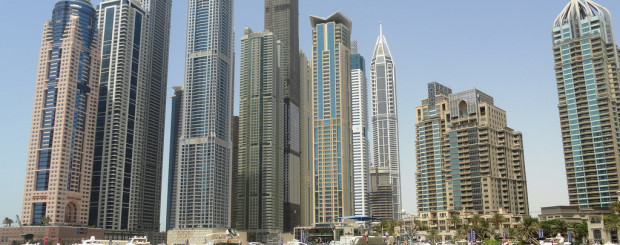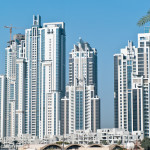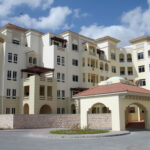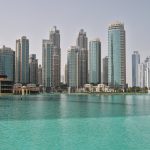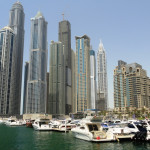Is it possible to become a Permanent Resident in Dubai?
The issue of permanent residency has long been a much debated issue in the Gulf countries, which rely heavily on foreign expatriates, including skilled and unskilled labor, to support the growth of their economies. It is interesting to analyze why permanent residency is so coveted in Dubai and many other cities in the UAE as well as other GCC countries such as Bahrain.
Dubai, in particular, is a fast emerging global hotspot for travelers and expatriates, especially as the economy has started to show clear signs of recovery after the economic downturn, which hit the Arab economy hard. Particularly after Dubai recently won the bid to host the World Expo 2020, in which it is estimated that 2.5 million visitors, mostly expatriates are likely to pass through the country during the six month long expo, it is anticipated that there will be a surge in the real estate, hotel and infrastructure industries to support the arrival of the expo. This is likely to lead to thousands of new job opportunities during the next few years as the country gears up to host this much anticipated event.
What is also little known, even amongst those who reside here, is that the emirate of Dubai, with its strategic location, is less than a four hour flight for almost half of the world’s population. It is therefore, a convenient destination for expatriates from Asia, Australia, America and Europe, who find it is easy to go back home for the holidays or to visit their families. Perhaps the biggest attraction of holding a UAE passport, though, is the government’s wonderful efforts to care for its local population, most of who enjoy heavily subsidized property purchase schemes, free education for their children, highly discounted rates on food items and groceries and much cheaper utilities than expats. UAE nationals, in general, enjoy a high standard of living compared to many expatriates who decide to live and work here. It is, therefore, not surprising that there has been a constant outcry against government immigration laws that prohibit expats from being granted citizenship.
Many people argue that those who have lived here for most of their lives, own property, have invested in the economy and the real estate market and contribute actively to the betterment of the country should be granted citizenship. It is indeed strange, to have lived here for 40 or 50 years, owned a house and put in your life savings into doing it up, only to have to leave when you reach retirement age. Many people are deterred from buying houses here, knowing that even though they own the property, this will never be their ‘forever’ home. Additionally, permanent residency would free people from the constant threat of having to leave the country if they lose their jobs or the constant hassle of having to renew their residence visas every three years. It would also provide them with the long-term security that they can choose to retire in a country they love and have grown to call their home.
To clarify, the UAE does not offer expatriates permanent residency like many other countries in the world; you are either a citizen of Dubai (typically by birth as both parents have to be UAE nationals) or you are not. Up until now, the government has resisted the pressure to open up citizenship to expatriates for fear that this would dilute Emirati culture and national identity and put a huge strain on social welfare schemes that are primarily enjoyed by the local population, which makes up a small percentage of the total population of the country.
Currently, a residence visa necessitates sponsorship by an employer and needs to be renewed every three years. You can change jobs and retain your residency as long as your new employer applies for your new visa on your behalf. The visa can be renewed as many times as you like until you reach retirement age, after which it cannot be further renewed. Keep in mind that if you are out of the country for more than six months at a stretch, you will need to apply for a new residence visa. A resident investor visa is also a three year renewable visa granted to those who start up their own Free Zone Company or have invested in real estate in the country. Like an employment visa, it can be renewed up until retirement age. There are one or two ways in which a foreign expatriate can become eligible for citizenship, but laws governing this are stringent and do not make it easy for the foreign national. A foreign national married to an Emirati can obtain citizenship after ten years of marriage, during which they have to provide evidence that the marriage is genuine and not just to gain citizen status. Foreign children of UAE nationals are automatically considered citizens, but since the UAE does not allow dual nationality, they would have to give up their foreign passports to be issued one from the UAE.
Prominent business men in the country have argued that other countries such as Singapore, UK and the US do issue permanent residency to major investors with investments exceeding AED 100 million, and that the UAE should at least consider long-term visas for 10 years for such investors. However, till now the UAE government has resisted such attempts and there is no indication that they will relent in the near future.

